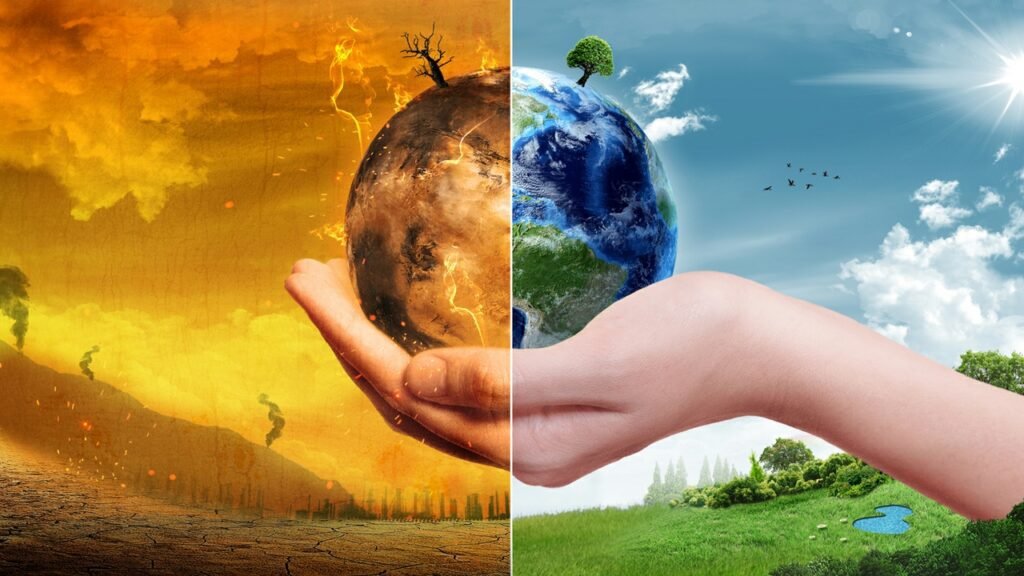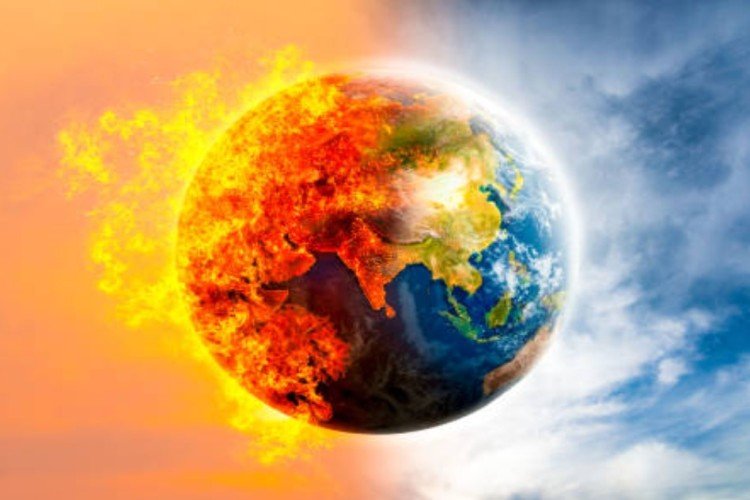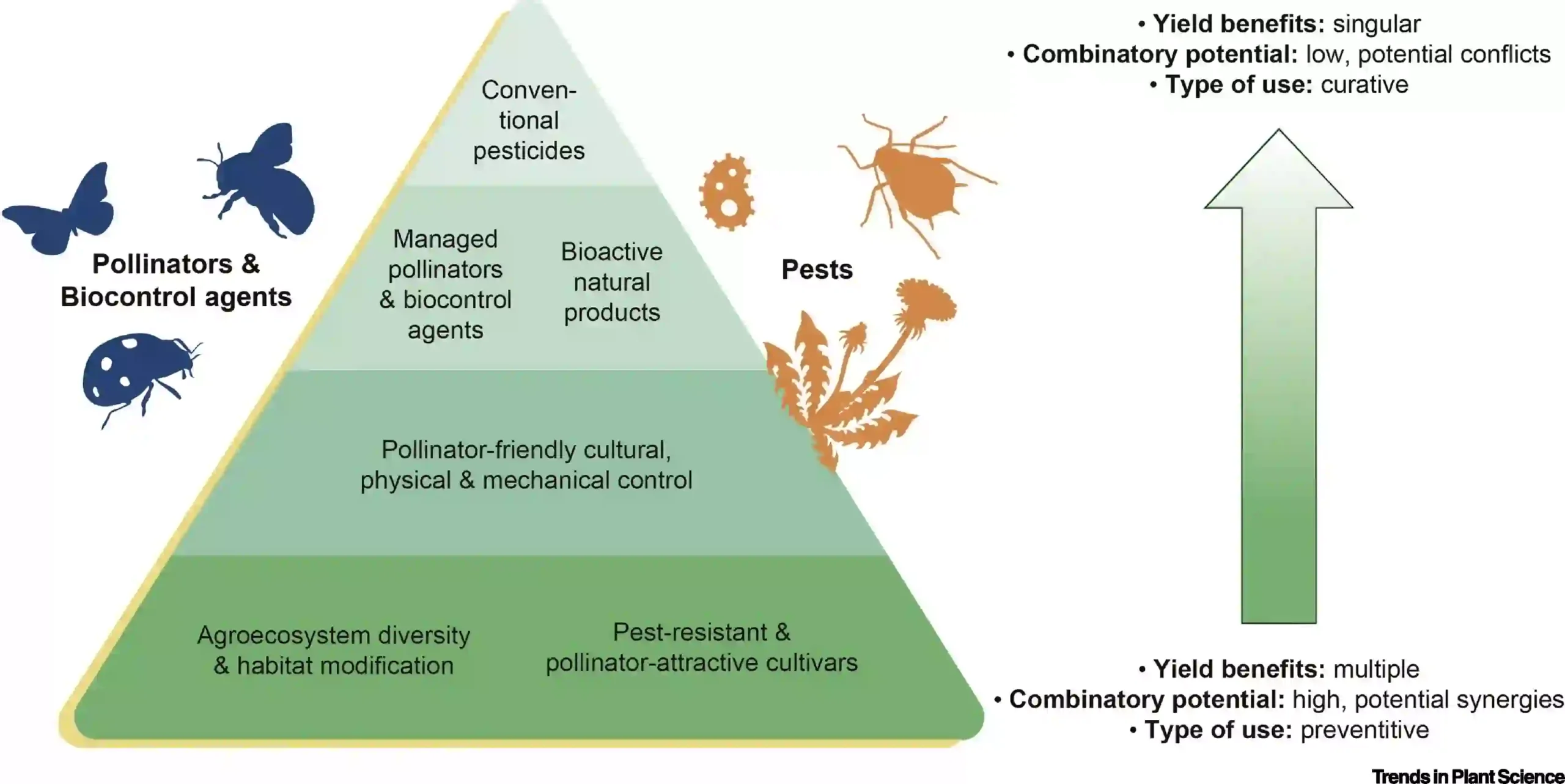Global warming continues to be one of the most pressing challenges for humanity, and in 2025, its impact is more visible than ever. Scientists have warned that rising temperatures, caused mainly by human activities, are accelerating climate change and leading to extreme weather events, melting ice caps, and rising sea levels. The year 2025 marks a critical point in global efforts to address this crisis.
Causes of Rising Global Warming
The primary driver of global warming remains the excessive emission of greenhouse gases such as carbon dioxide, methane, and nitrous oxide. These gases trap heat in the Earth’s atmosphere, leading to a gradual increase in global temperatures. Industrial activities, deforestation, fossil fuel usage, and unsustainable agricultural practices continue to contribute heavily.
Visible Impacts in 2025
- Extreme Weather Events: Heatwaves, wildfires, floods, and hurricanes are becoming more frequent and intense, causing damage to infrastructure and loss of life.
- Melting Polar Ice: Rapid melting of glaciers in Greenland and Antarctica is contributing to rising sea levels, threatening coastal cities and small island nations.
- Agricultural Disruption: Unpredictable rainfall patterns and prolonged droughts are reducing crop yields, raising concerns about food security.
- Health Concerns: Rising temperatures are increasing the spread of vector-borne diseases and heat-related illnesses, putting pressure on healthcare systems.

Global Response in 2025
Countries across the world are focusing on renewable energy, electric mobility, and reforestation to reduce carbon emissions. Agreements under the Paris Climate Accord remain central to international climate policy, pushing nations to limit global temperature rise to below 1.5°C above pre-industrial levels. While progress has been made, many experts argue that current efforts are still insufficient.
What Can Be Done
- Shift to Clean Energy: Expanding solar, wind, and hydropower can significantly reduce dependence on fossil fuels.
- Sustainable Lifestyles: Individuals can adopt eco-friendly habits such as reducing waste, conserving energy, and using public transport.
- Corporate Responsibility: Businesses must invest in green technologies and adopt sustainable supply chains.
- Government Policies: Stronger laws and incentives are needed to enforce emission reductions and support renewable infrastructure.
In 2025, the rise of global warming serves as a wake-up call for humanity. While the challenges are immense, collective action by governments, businesses, and individuals can still slow down climate change.
![]()





